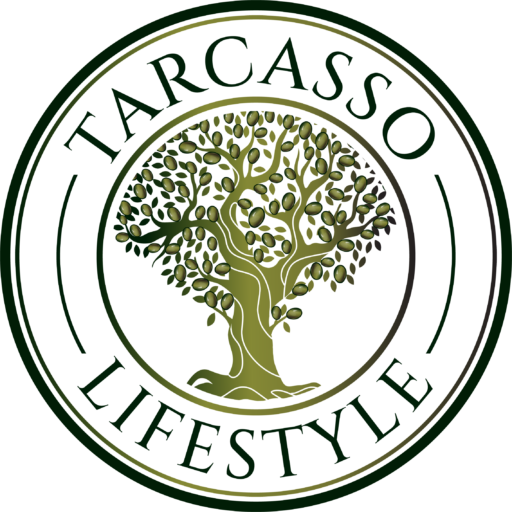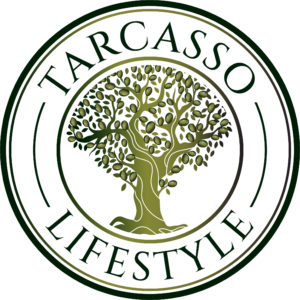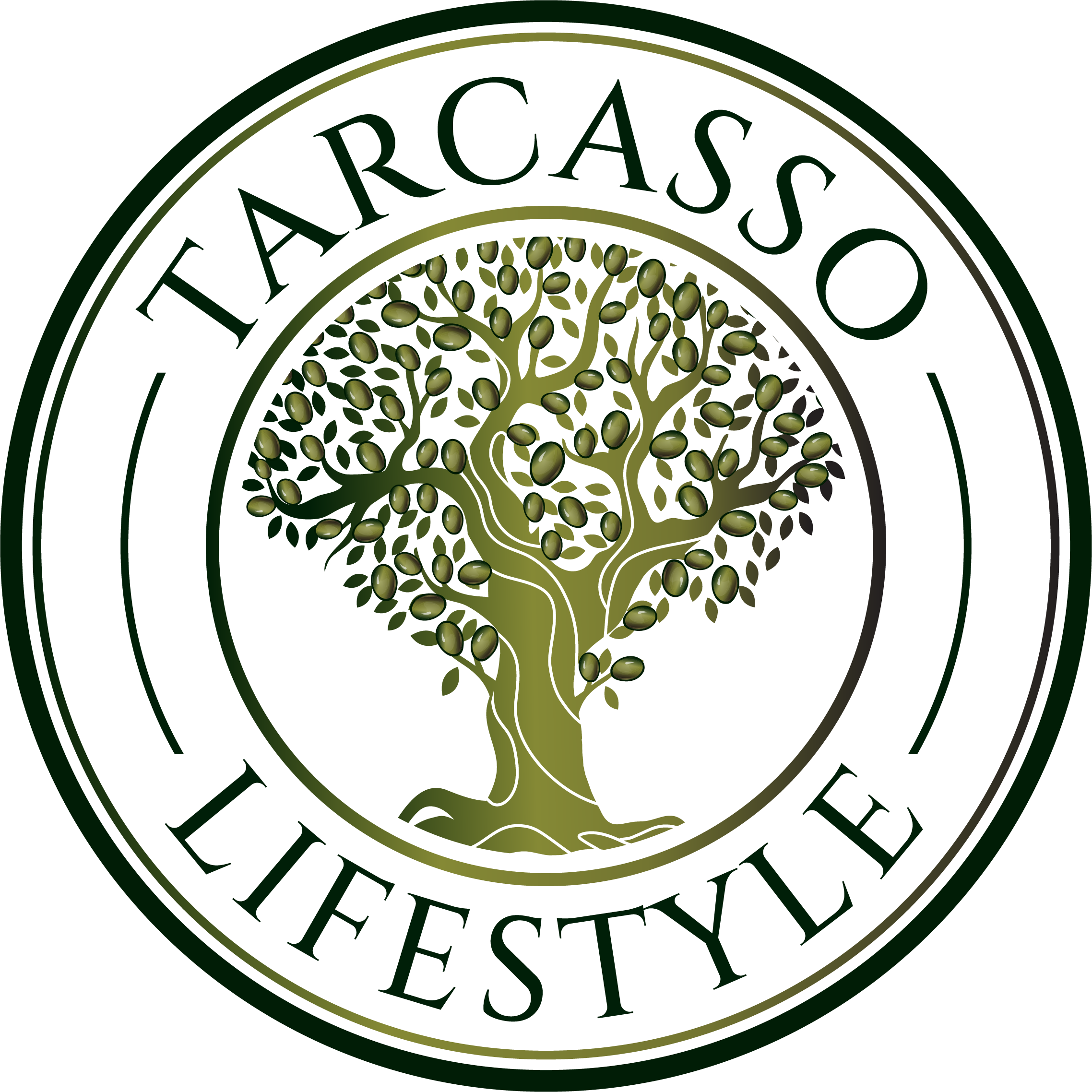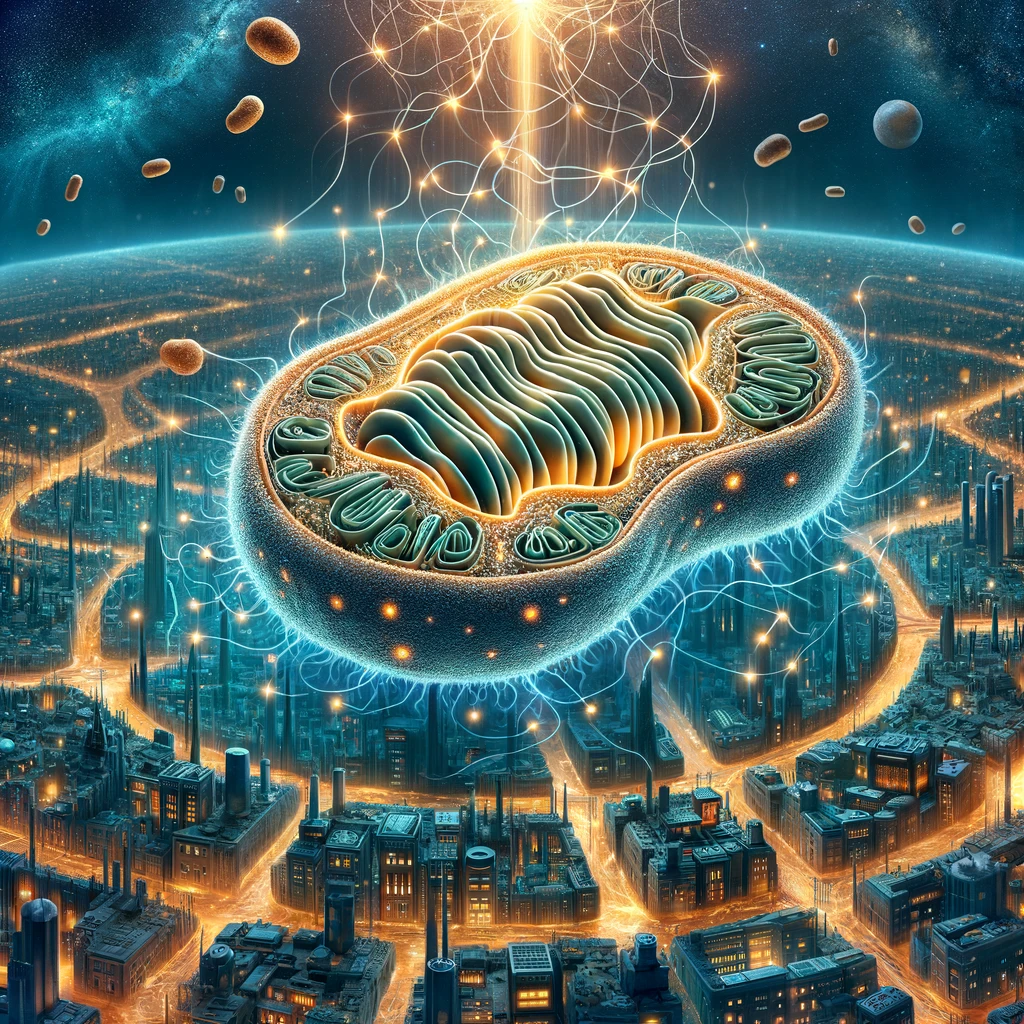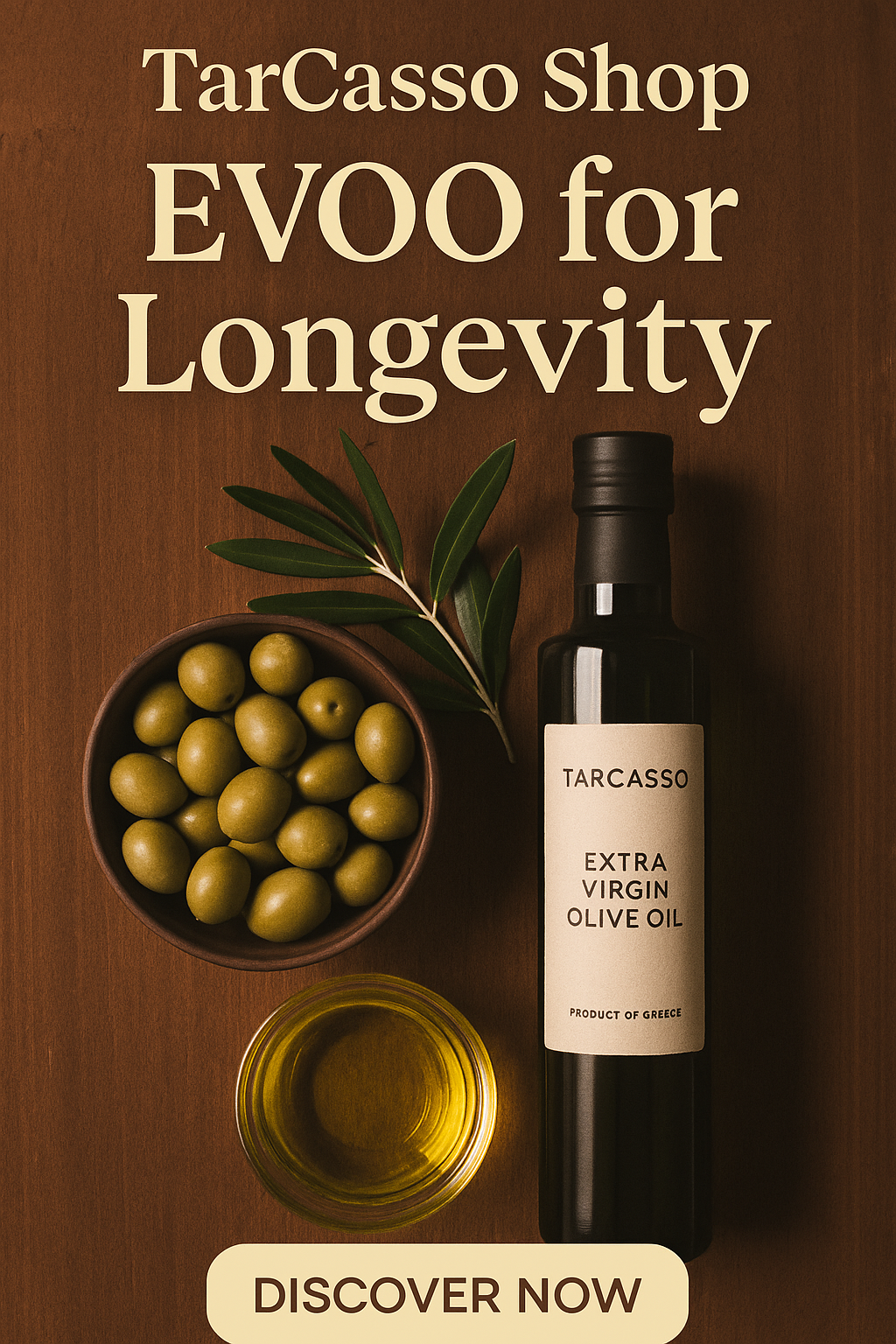The article by Dana G. Smith, featured in the New York Times, delves into the scientific exploration of aging, aiming to uncover the biological processes behind it and find ways to mitigate its effects. Consumers annually invest $62 billion in anti-aging products, which may alter appearance but do not fundamentally reverse aging. Researchers identify “hallmarks of aging,” focusing on cellular wear and tear and the body’s diminishing ability to purge old cells and proteins. These hallmarks are critical because reversing them could prolong health and lifespan. Much of the research is still in the animal testing phase, with human applications being gradually explored.
The article highlights several key issues related to aging:
- DNA Damage: As we age, our DNA accumulates mutations, either through cell division errors or environmental factors, leading to decreased cellular function and increased disease risk, including cancer.
- Telomere Shortening: Telomeres, protective caps on chromosomes, shorten with each cell division, eventually leading to cell replication cessation, affecting stem cell populations crucial for tissue renewal.
- Epigenetic Changes: Aging also brings changes in epigenetics, affecting gene expression, which can deteriorate cell function and organ health.
- Mitochondrial Dysfunction: Mitochondria, the cell’s energy producers, become less efficient with age, affecting overall cell function and leading to increased inflammation associated with chronic conditions.
Additionally, the body’s ability to dispose of damaged cells and proteins diminishes with age, leading to an accumulation that contributes to aging and disease. Researchers are investigating interventions, including drugs like senolytics for cell disposal and enhancing autophagy for protein disposal, but these are still in the early research stages.
The consensus among experts is that while anti-aging therapies hold promise, they are not yet suitable for general use. The recommended approach to aging well remains to adopt healthy lifestyle habits, such as regular exercise and good nutrition.
